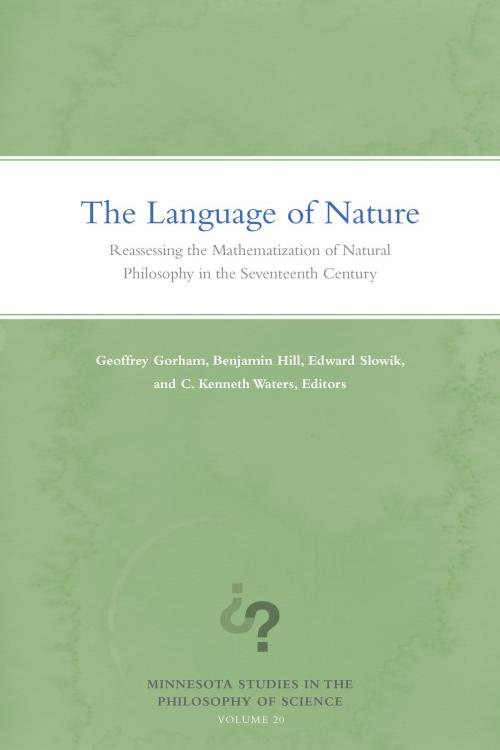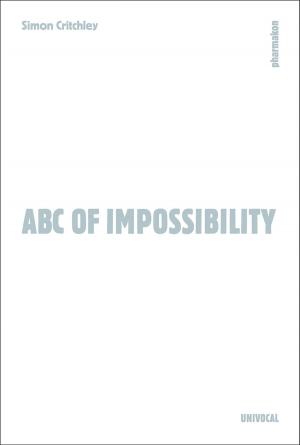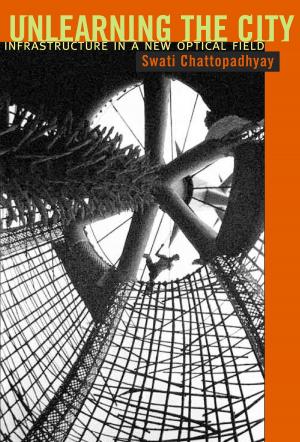The Language of Nature
Reassessing the Mathematization of Natural Philosophy in the Seventeenth Century
Nonfiction, Science & Nature, Science, Other Sciences, Philosophy & Social Aspects, Religion & Spirituality, Philosophy| Author: | ISBN: | 9781452951850 | |
| Publisher: | University of Minnesota Press | Publication: | June 15, 2016 |
| Imprint: | Univ Of Minnesota Press | Language: | English |
| Author: | |
| ISBN: | 9781452951850 |
| Publisher: | University of Minnesota Press |
| Publication: | June 15, 2016 |
| Imprint: | Univ Of Minnesota Press |
| Language: | English |
Galileo’s dictum that the book of nature “is written in the language of mathematics” is emblematic of the accepted view that the scientific revolution hinged on the conceptual and methodological integration of mathematics and natural philosophy. Although the mathematization of nature is a distinctive and crucial feature of the emergence of modern science in the seventeenth century, this volume shows that it was a far more complex, contested, and context-dependent phenomenon than the received historiography has indicated, and that philosophical controversies about the implications of mathematization cannot be understood in isolation from broader social developments related to the status and practice of mathematics in various commercial, political, and academic institutions.
Contributors: Roger Ariew, U of South Florida; Richard T. W. Arthur, McMaster U; Lesley B. Cormack, U of Alberta; Daniel Garber, Princeton U; Ursula Goldenbaum, Emory U; Dana Jalobeanu, U of Bucharest; Douglas Jesseph, U of South Florida; Carla Rita Palmerino, Radboud U, Nijmegen and Open U of the Netherlands; Eileen Reeves, Princeton U; Christopher Smeenk, Western U; Justin E. H. Smith, U of Paris 7; Kurt Smith, Bloomsburg U of Pennsylvania.
Galileo’s dictum that the book of nature “is written in the language of mathematics” is emblematic of the accepted view that the scientific revolution hinged on the conceptual and methodological integration of mathematics and natural philosophy. Although the mathematization of nature is a distinctive and crucial feature of the emergence of modern science in the seventeenth century, this volume shows that it was a far more complex, contested, and context-dependent phenomenon than the received historiography has indicated, and that philosophical controversies about the implications of mathematization cannot be understood in isolation from broader social developments related to the status and practice of mathematics in various commercial, political, and academic institutions.
Contributors: Roger Ariew, U of South Florida; Richard T. W. Arthur, McMaster U; Lesley B. Cormack, U of Alberta; Daniel Garber, Princeton U; Ursula Goldenbaum, Emory U; Dana Jalobeanu, U of Bucharest; Douglas Jesseph, U of South Florida; Carla Rita Palmerino, Radboud U, Nijmegen and Open U of the Netherlands; Eileen Reeves, Princeton U; Christopher Smeenk, Western U; Justin E. H. Smith, U of Paris 7; Kurt Smith, Bloomsburg U of Pennsylvania.















